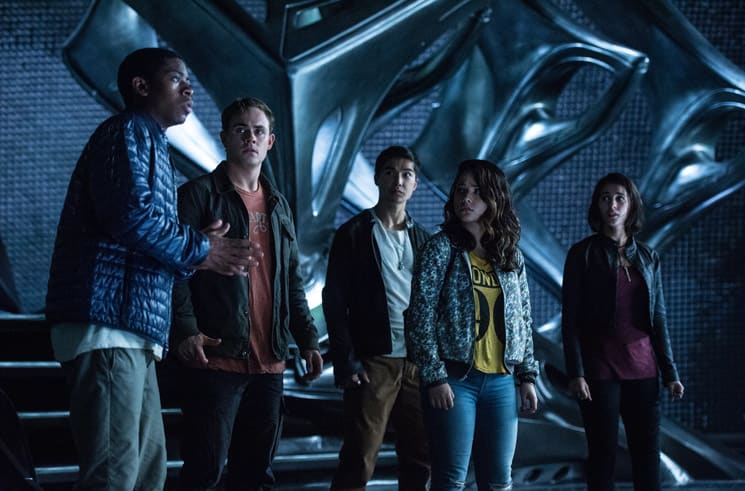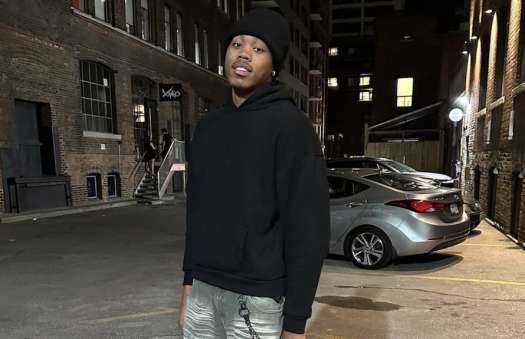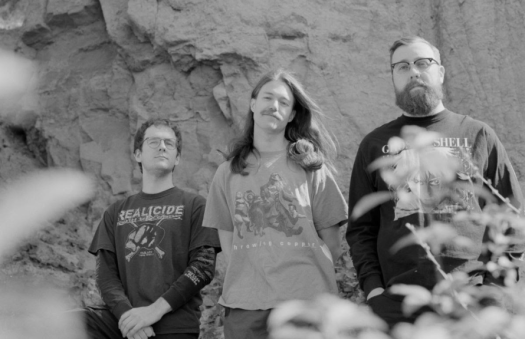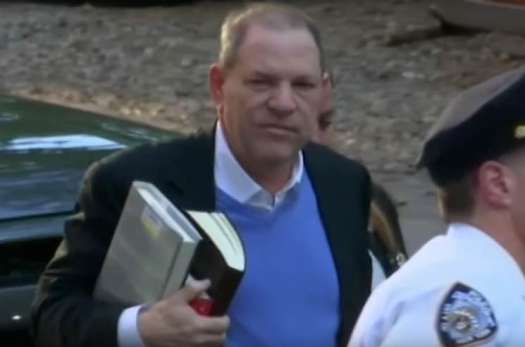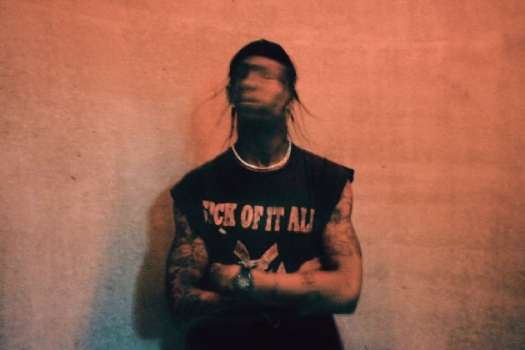In the climax of nearly each of Power Rangers' 800+ episodes, the titular, spandex-clad heroes combine their Zords — large, robotic animals or vehicles — into a Megazord, a larger, humanoid robot whose union forced the Rangers to work together to defeat the alien baddie of the week. It blended discrete units into something greater than the sum of its parts, pushing a teamwork-oriented moral onto its kiddie audience week after week.
But in this crucial part of the Power Rangers formula lies the failure of director Dean Israelite's Power Rangers, the first film in a planned series of big-screen re-imaginings: It lays a series of disjointed elements and fails to reconcile them.
The film, a modern-day reboot of 1993's franchise-starter Mighty Morphin' Power Rangers, oscillates unevenly between a series of styles but never sticks with one long enough. At times, it's a modern, serious-as-your-life reboot in which a prehistoric Ranger is brutally murdered in the film's opening minutes, one of our current heroes is struggling to come out as gay and another is on the autism spectrum; at others, it's every bit as campy as the original series, and features a Krispy Kreme doughnut shop as a plot device — no doubt in exchange for some sugary tie-ins. Traces of lewd humour throughout seem bafflingly out of place, whizzing way above the heads of its young target audience, but too crude for their nostalgia-driven parents.
The lack of stylistic focus ultimately undercuts its plot. Its initial attempt to be a character-driven drama puts a lot of focus on the interplay between the Rangers, and less on the growing threat from villain Rita Repulsa (That name still? Really?), a poorly written character that Elizabeth Banks can't salvage. But by its action-packed ending, there are no lessons learned; just giant robots punching the shit out of each other (and some mechanical pelvic thrusting for good measure).
Even the film's initial desire to focus on the teenage heroes falls flat. Of the five Rangers, only three are given enough face-time for fleshed-out characterization, and two of them are standard rebellious jock types looking to recover after falls from grace and not much else. The third, nerdy Blue Ranger Billy, is the film's heart and soul, offering the only instances of relatable character development, and giving characters like dull, leader-by-default Red Ranger Jason some much-needed growth and nuance only by osmosis.
The fight and car chase sequences are standard action movie fare; the CGI is passable but not exemplary. Even the requisite callbacks to the original — an old catchphrase here, a cameo appearance there — fall flat with whichever style the film is channelling at that moment. While the production value is impressive, it dampens the campy charm of the original — and without it, Power Rangers struggles to find a suitable alternative.
(eOne)But in this crucial part of the Power Rangers formula lies the failure of director Dean Israelite's Power Rangers, the first film in a planned series of big-screen re-imaginings: It lays a series of disjointed elements and fails to reconcile them.
The film, a modern-day reboot of 1993's franchise-starter Mighty Morphin' Power Rangers, oscillates unevenly between a series of styles but never sticks with one long enough. At times, it's a modern, serious-as-your-life reboot in which a prehistoric Ranger is brutally murdered in the film's opening minutes, one of our current heroes is struggling to come out as gay and another is on the autism spectrum; at others, it's every bit as campy as the original series, and features a Krispy Kreme doughnut shop as a plot device — no doubt in exchange for some sugary tie-ins. Traces of lewd humour throughout seem bafflingly out of place, whizzing way above the heads of its young target audience, but too crude for their nostalgia-driven parents.
The lack of stylistic focus ultimately undercuts its plot. Its initial attempt to be a character-driven drama puts a lot of focus on the interplay between the Rangers, and less on the growing threat from villain Rita Repulsa (That name still? Really?), a poorly written character that Elizabeth Banks can't salvage. But by its action-packed ending, there are no lessons learned; just giant robots punching the shit out of each other (and some mechanical pelvic thrusting for good measure).
Even the film's initial desire to focus on the teenage heroes falls flat. Of the five Rangers, only three are given enough face-time for fleshed-out characterization, and two of them are standard rebellious jock types looking to recover after falls from grace and not much else. The third, nerdy Blue Ranger Billy, is the film's heart and soul, offering the only instances of relatable character development, and giving characters like dull, leader-by-default Red Ranger Jason some much-needed growth and nuance only by osmosis.
The fight and car chase sequences are standard action movie fare; the CGI is passable but not exemplary. Even the requisite callbacks to the original — an old catchphrase here, a cameo appearance there — fall flat with whichever style the film is channelling at that moment. While the production value is impressive, it dampens the campy charm of the original — and without it, Power Rangers struggles to find a suitable alternative.
